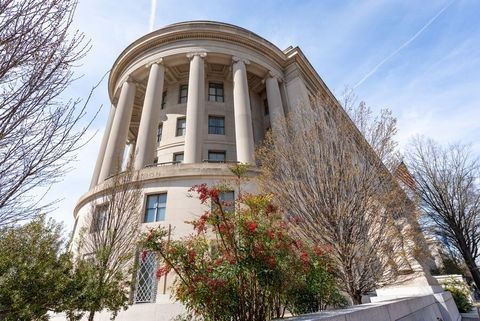New Biden EO Keeps Focus on Supply Chain Security for Critical Industries
Client Alert | 2 min read | 02.26.21
On February 24, 2021, President Biden issued the anticipated Executive Order (EO) on America’s Supply Chains, setting forth the Administration’s policy and goals with respect to strengthening and securing the country’s supply chain for critical products and services. Reflecting both an economic and national security focus, the EO directs the Assistant to the President for National Security Affairs (APNSA) and the Assistant to the President for Economic Policy (APEP) to coordinate the various agency actions contemplated by the EO, starting with a 100-day supply chain review by key agencies (including Commerce, Energy, Defense, and Health and Human Services) to identify risks and make specific policy recommendations as needed. The EO also calls on these agencies to prepare more comprehensive reports, due within one year, identifying limits and barriers to improving domestic capacity and resources.
Industries/areas of concern highlighted in the EO include:
- Semi-conductor manufacturing and advanced packaging supply chains;
- Critical minerals and other strategic rare earth elements;
- Information and communications technology;
- Pharmaceuticals and active pharmaceutical ingredients (and more generally, supply chains for public health and biological preparedness).
In addition, the EO specifically directs the agencies to evaluate risks posed by the various supply chains’ reliance on digital products (and associated cybersecurity vulnerabilities), as well as risks posed by a lack of domestic capabilities.
As with the recent Made in America executive order, the EO articulates a policy of strengthening and rebuilding critical domestic supply chains with a view toward promoting small businesses, promoting racial equity and fair wages, and addressing the effects of climate change.
The EO directs these agencies to consult outside stakeholders such as industry, labor unions, and non-governmental organizations in carrying out their responsibilities, which will provide opportunities for interested parties to engage in the review process.
A focus on strengthening critical supply chains enjoys bipartisan support, although it remains to be determined what exact measures the Administration and/or Congress will ultimately pursue. Companies with supply chains implicated by the EO should consider proactive steps to review their own global operations and engage with industry and government stakeholders to foster an evidence-based discussion and shape potential recommendations and outcomes.
Contacts

Partner, Crowell Global Advisors Senior Director
- Washington, D.C.
- D | +1.202.624.2698
- Washington, D.C. (CGA)
- D | +1 202.624.2500
Insights
Client Alert | 3 min read | 02.11.26
On July 8, 2025, the U.S. Court of Appeals for the Eighth Circuit vacated the Federal Trade Commission’s (FTC) Rule Concerning Subscriptions and Other Negative Option Plans, commonly known as the “Click-to-Cancel” rule. As detailed in a previous client alert, the rule was intended to regulate negative option plans[1]— such as subscriptions and automatic renewals — by imposing stringent requirements on businesses, including streamlined cancellation processes and enhanced disclosure obligations. The Eighth Circuit vacated the Click-to-Cancel rule because it found that the FTC had failed to comply with mandatory procedural requirements. As a result, the rule is no longer in effect, and businesses are not currently subject to its mandates.
Client Alert | 3 min read | 02.10.26
UK FCA Proposes New Sustainability Disclosure Rules for Listed Companies
Client Alert | 3 min read | 02.09.26
Client Alert | 1 min read | 02.09.26
Worried Three’s a Crowd? Decline Intervention at Your Own Peril




